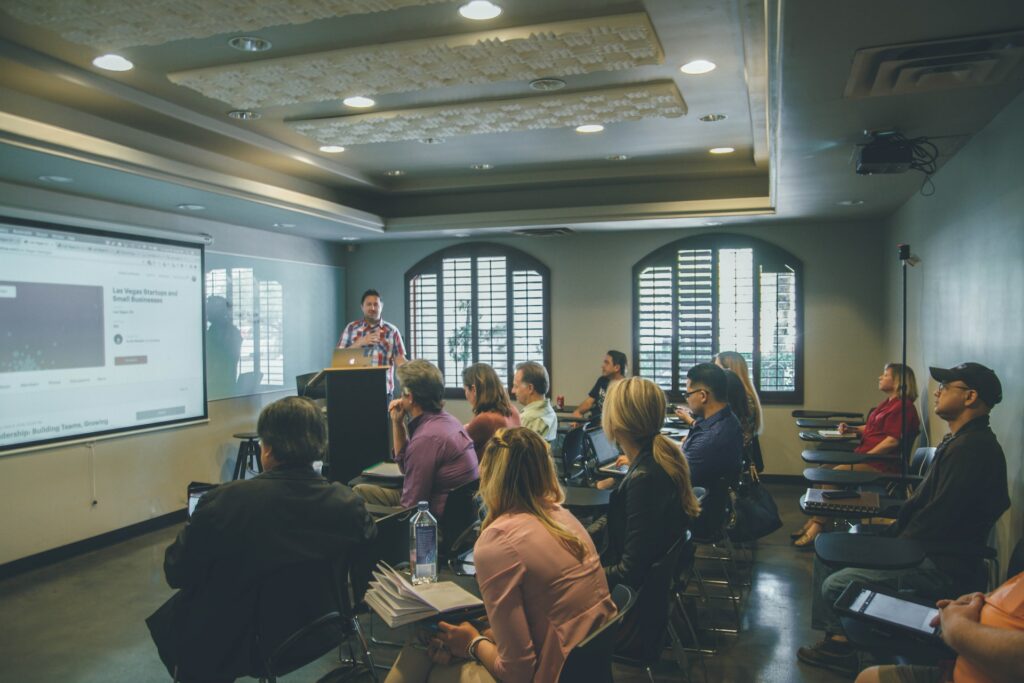Education is an essential stepping-stone for everyone, offering a myriad of possibilities and options. For deaf students like myself, this holds even more true. When choosing a high school program, we often consider several factors, but foremost among them is accessibility.
Many may wonder, “Can deaf students study in IBDP?” and “Is IB hard for deaf students?” Today I’m going to share my personal experience with you.
The International Baccalaureate (IB) program not only offers deaf students the chance to thrive but is also structured in such a way that nurtures inclusivity and understanding.
My decision to pursue the IB program was met with a fair share of raised eyebrows and questions, primarily due to misconceptions around its perceived difficulty.
But I believed in myself and the program’s potential, leading me to dive headfirst into the enriching experience that is IB.
Background
As a deaf student, I have faced unique challenges in my academic life. But instead of perceiving them as roadblocks, I’ve seen them as catalysts for innovation, resilience, and creativity.
Overcoming communication barriers, developing non-traditional learning strategies, and striving to succeed in a hearing world have defined my educational journey. Yet, I am not alone. Many deaf students across the globe grapple with similar challenges.
When the time came for me to select my high school program, I was introduced to the IBDP. Its reputation of nurturing inquisitive minds and fostering a globally-aware environment was appealing.
Still, the lingering question remained: why select IB as a deaf student? How could I navigate this demanding program with the additional challenges that come with being deaf?
The keyword here is accessibility. Just like anyone else, deaf students crave learning environments that respect our needs and experiences. And, in my opinion, the IB program, through its ethos of inclusivity, offers that and much more.
Its emphasis on open-mindedness and cultural understanding encourages academic growth and personal and social development.
I remember one instance clearly. We were dissecting Shakespeare’s Macbeth in my literature class. Initially, I found it challenging to keep up with my classmates, especially during discussions.
Yet, with the help of assistive technology provided by the school and a sign language interpreter, I engaged with the material and participated in the discourse.
This real-life example was one of many that highlighted the fact that IB is indeed accessible to deaf students. Despite its rigorous curriculum, the support systems in place allowed me to experience the program to its fullest, fostering an environment of learning and growth, making the IB program a viable choice for deaf students worldwide.
How the IB Program Accommodates Deaf Students?
Inclusivity isn’t just about making sure everyone can participate. It’s about designing an environment that caters to different needs, encouraging everyone to thrive. In my experience, the IB program embodies this principle wholeheartedly.
To support my learning, the IBDP provided a host of accommodations. Assistive technologies, such as real-time captioning services during lectures, helped me follow along and understand the material. A sign language interpreter was also present during group discussions, ensuring I was part of the conversation.
One of the more significant supports provided was an IB writing service, which was invaluable for both developing my writing skills and ensuring my ideas were effectively communicated. This service, staffed by individuals familiar with sign language, helped bridge any communication gaps and allowed me to express myself fully in my written work.
These accommodations, however, were just one part of the story. The real magic lay in the attitudes and openness of the teachers and students. Their willingness to learn sign language, their patience when communicating, and their acceptance of diversity made the IB program feel like a second home. They respected and recognized the value of different communication methods and embraced them with an open mind.
In one of my group projects, for instance, we were studying the impacts of climate change. With the help of my group mates and sign language interpreter, I was not only able to contribute my ideas, but also to present them to the class.
This inclusive and respectful environment is what truly sets the IB program apart.
Final Thoughts
Choosing the IBDP as a deaf student isn’t about braving a storm or proving something to the world.
It’s about embracing the unique perspective we bring to the table, using it to enrich our learning, and growing into well-rounded individuals who can contribute to society in meaningful ways.
Every deaf student’s experience with the IBDP will be different, but in my opinion, the program’s philosophy of inclusivity, understanding, and personal growth makes it a strong choice for deaf students.
